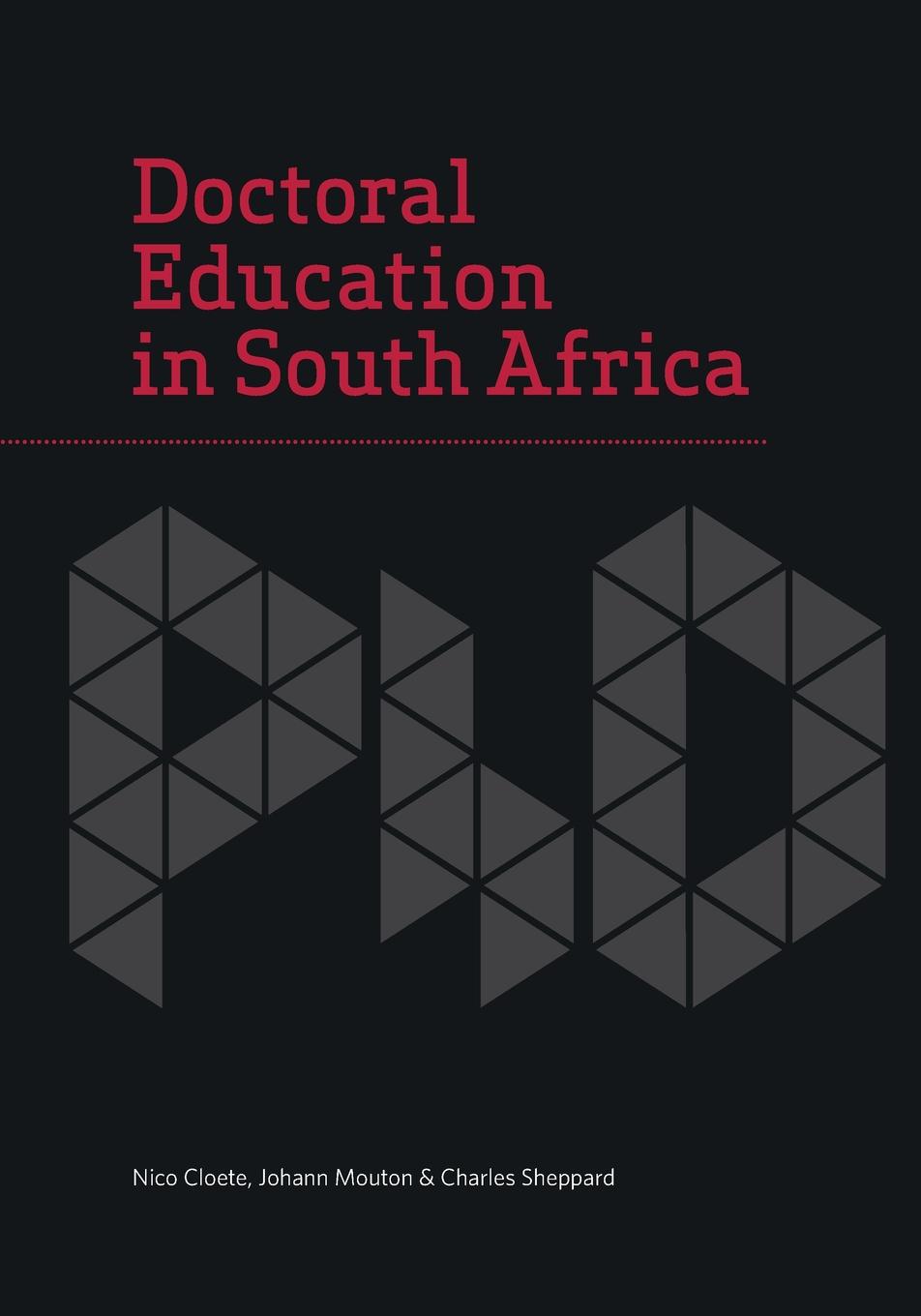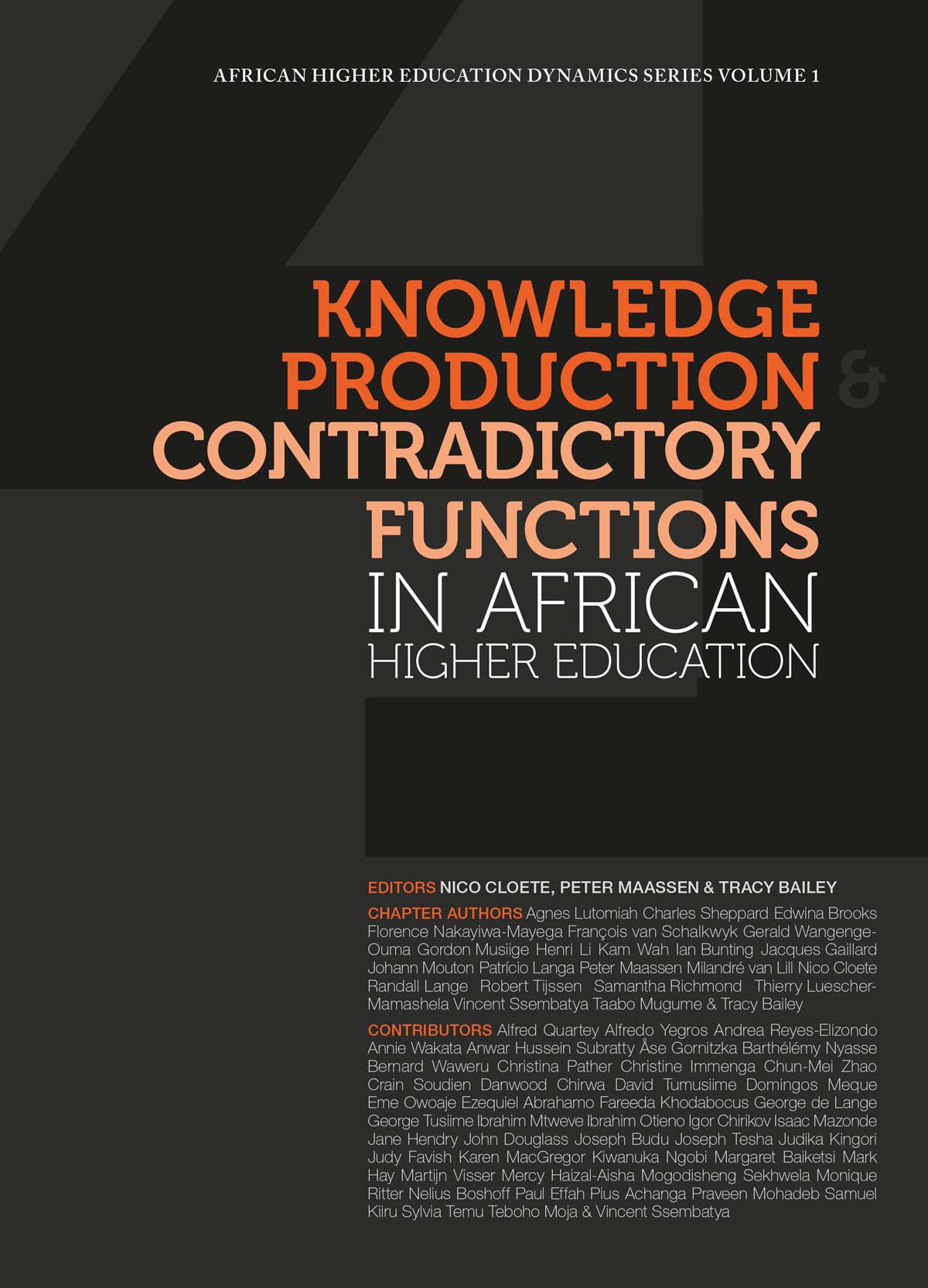Books by Cloete Nico, Mouton Johann

doctoral education in south africa
Worldwide, in Africa and in South Africa, the importance of the doctorate has increased disproportionately in relation to its share of the overall graduate output over the past decade. This heightened attention has not only been concerned with the traditional role of the PhD, namely the provision of future academics; rather, it has focused on the increasingly important role that higher education ñ and, particularly, high-level skills ñ is perceived to play in national development and the knowledge economy. This book is unique in the area of research into doctoral studies because it draws on a large number of studies conducted by the Centre of Higher Education Trust (CHET) and the Centre for Research on Evaluation, Science and Technology (CREST), as well as on studies from the rest of Africa and the world. In addition to the historical studies, new quantitative and qualitative research was undertaken to produce the evidence base for the analyses presented in the book. The findings presented in Doctoral Education in South Africa pose anew at least six tough policy questions that the country has struggled with since 1994, and continues to struggle with, if it wishes to gear up the system to meet the target of 5 000 new doctorates a year by 2030. Discourses framed around the single imperatives of growth, efficiency, transformation or quality will not, however, generate the kind of policy discourses required to resolve these tough policy questions effectively. What is needed is a change in approach that accommodates multiple imperatives and allows for these to be addressed simultaneously.

knowledge production and contradictory functions in african higher education
The dominant global discourse in higher education now focuses on ëworld-classí universities ñ inevitably located predominantly in North America, Europe and, increasingly, East Asia. The rest of the world, including Africa, is left to play ëcatch-upí. But that discourse should focus rather on the tensions, even contradictions, between ëexcellenceí and ëengagementí with which all universities must grapple. Here the African experience has much to offer the high-participation and generously resourced systems of the so-called ëdevelopedí world. This book offers a critical review of that experience, and so makes a major contribution to our understanding of higher education.

Loading the next 20 Records..…